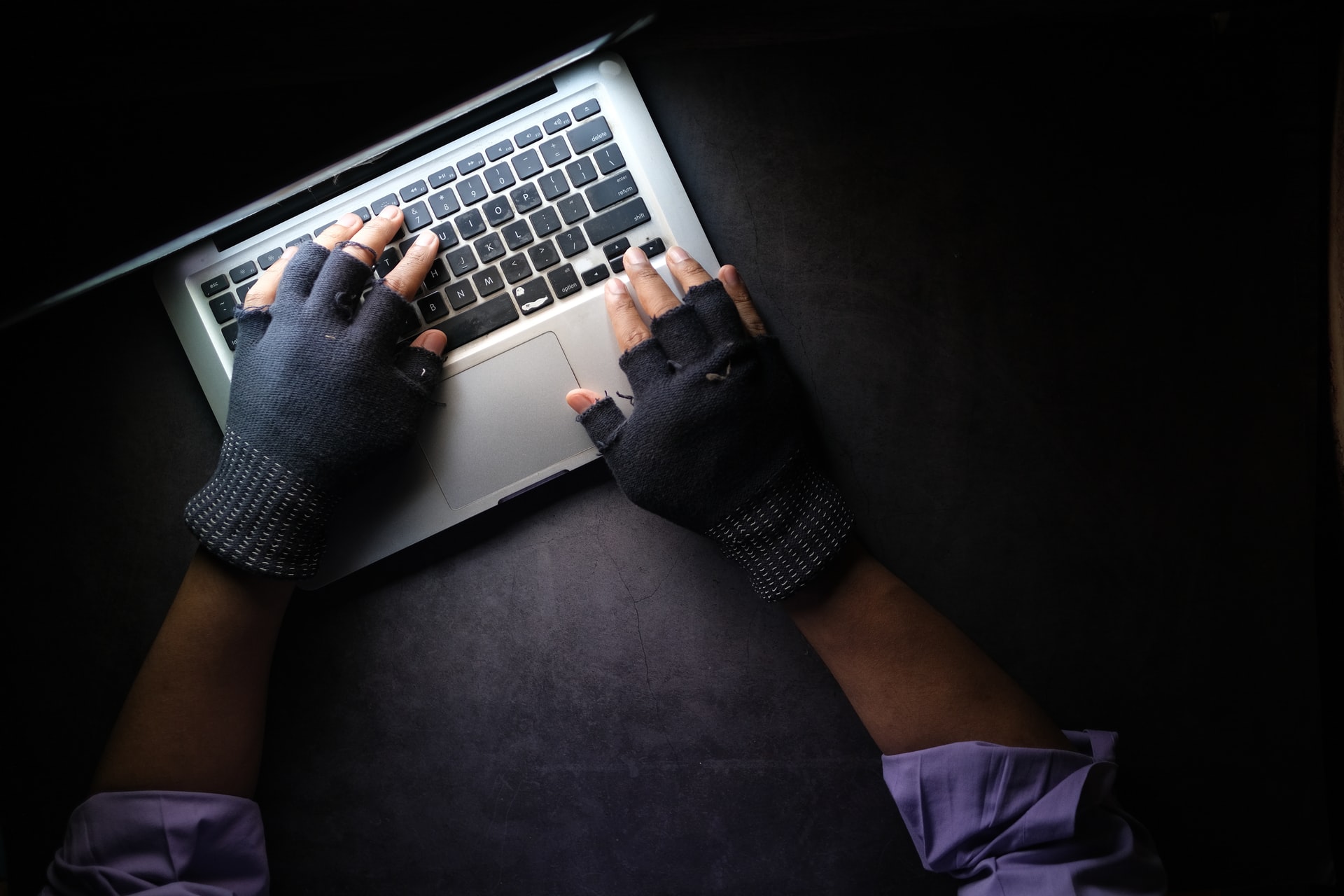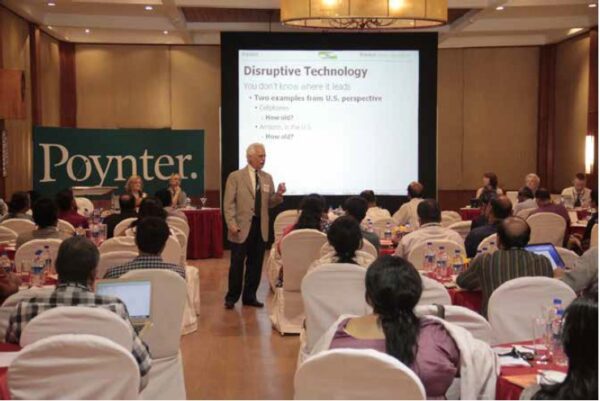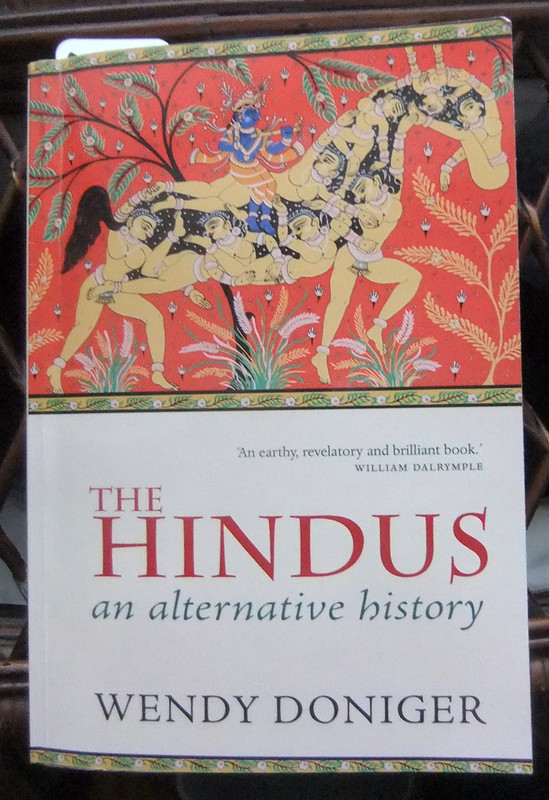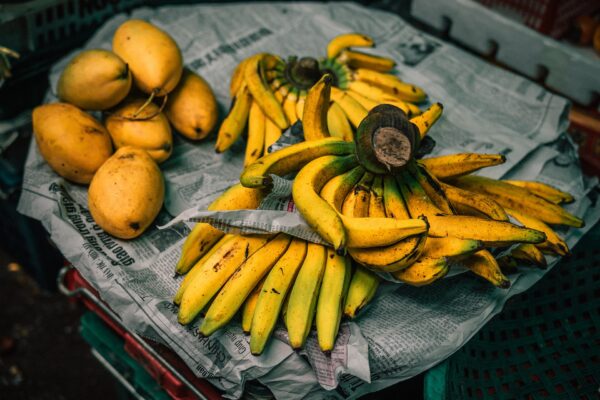By Ashok R. Chandran
Media (Kochi)
In November 2014, Kerala’s newspapers reported on allegations of plagiarism against the Pro-Vice Chancellor of University of Kerala. According to the news reports, a government-instituted inquiry by an academic of Delhi University had found plagiarism in the Pro-Vice Chancellor’s doctoral thesis in Psychology.((G. Mahadevan. 2014. ‘Plagiarism in thesis: Calicut varsity VC told to take action’, The Hindu, 22 November, http://www.thehindu.com /article6624086.ece.))
This was an opportunity for the media in Kerala to shore up its own credibility. Newspapers could have published the relevant portions of the thesis, along with the original material, and buttressed the story with evaluation by academic experts. Such reporting would have taken readers closer to the truth and exposed whoever had indulged in wrongdoing.
Instead, newspapers and television channels simply gave space or airtime to the parties—the complainants and the defenders—to state their views, and left readers guessing whether there was any truth in the allegations. On issues such as this, where it is easy to determine which of the parties is correct, it is irresponsible of journalists to indulge in ‘he said, she said journalism’((Jay Rosen. 2009. ‘He Said, She Said Journalism: Lame Formula in the Land of the Active User’, PressThink, 12 April, http://archive.pressthink.org/2009/04/12/hesaid_shesaid.html)) and encourage a slanging match between the parties; the journalist’s duty is to pursue the truth and expose the wrongdoer as quickly as possible, and not play havoc with individual reputations, let wrongdoers mislead the public, or leave the reader guessing.
Since it is academia, not journalism, which is more affected by the plague of plagiarism, the spotlight must remain firmly fixed on academics, not the journalists who report the news of plagiarism. This column, therefore, turns to the problem in Kerala academia and how we can overcome it.
Last year, while editing a book-length manuscript, I was painfully made aware that Kerala media studies too suffer from the epidemic. In that instance, plagiarism was detected before publication, the author was alerted, and the offending portions were removed or rewritten.
One problem in Kerala is that many academics are unaware of the different aspects of plagiarism—what it is, why it is wrong, and how it can be avoided. Recently, I heard the Chairman of the Kerala Public Service Commission assert—in a speech to a gathering of academics—that the review of literature in a doctoral thesis would contain plagiarised material, as the purpose of a review of the literature was to discuss the ideas of other scholars. When an academic and former Vice-Chancellor harbours such an incorrect understanding of plagiarism, is it any wonder that his less-accomplished brethren in the academia fumble in the dark?
What is plagiarism, why is it wrong, and how can it be avoided?
The Oxford Dictionary defines plagiarism as ‘the practice of taking someone else’s work or ideas and passing them off as one’s own’. The Merriam-Webster defines it as ‘the act of using another person’s words or ideas without giving credit to that person’.
The preceding paragraph also illustrates how to avoid charges of plagiarism. By putting words within quotation marks, it is clear to the reader that some words are taken from elsewhere and not mine; the credits or attributions (‘Oxford Dictionary’ in the first sentence, and ‘Merriam-Webster’ in the second) clearly indicate whose words they are. Thus by using quotation marks, and by attributing, I avoid plagiarising. In this fashion, I can use the words and ideas of others to convey a point as long as I put quotation marks appropriately and cite.((If I wish to quote several paragraphs or pages, I will have to additionally get permission from the copyright holder. Copyright is different from plagiarism.))
In scientific writing—the genre of writing that academic theses and research papers fall within—there are specific and more elaborate ways or styles of attribution. Some disciplines such as History encourage footnotes, while others like Psychology encourage in-text citations supplemented by a list of references at the end. Many universities specify the detailed style in which theses have to be submitted. Where such style guides do not exist, every student, research scholar, and academic is expected to write ethically, by using quotation marks and acknowledging the source in a consistent style.
Should we make a big deal of plagiarism? Why is it wrong to plagiarise? In the academic world, as in journalism, plagiarism is considered theft. Just as we deem it wrong to steal television or other property from another person, it is wrong to steal ideas and intellectual property. Even those who favour liberal copyright arrangements, such as Creative Commons, require borrowers to attribute and acknowledge the original author, while they redistribute the content freely.
It is common for doctoral theses to contain a ‘literature review’ chapter in which the candidate reviews what others have written on the theme or topic studied. While presenting the ideas of others, the doctoral candidate has to take special care to put quotation marks and mention the source. If the student rewrites the idea in his own words, he need not put quotation marks, but he must attribute. In short, there are ways to write the literature review without plagiarising. So, when an academic says that every literature review will contain plagiarism, he is either ignorant or misleading you. When an academic says that the necessary attribution has been made, it can be verified whether the attribution exists at the right place and whether the text in question warranted quotation marks too.
Even though controversies are sometimes sparked by individuals wishing to score political or personal gains, we should not use that as an excuse to condone plagiarism. Similarly, even though some academics plagiarise due to lack of awareness (not excusable, just as ignorance of the law is not a sufficient defence when we are caught violating the law), we also hear of doctoral thesis-writing being outsourced to others, shoddy research being glossed over by external examiners, and other tales of deliberate wrongdoing in the awarding of research degrees. Rather than finding excuses to let a wrongdoer off the hook, if academics come down heavily on their colleagues who plagiarise, the autonomy of the university can be ensured to the benefit of all; demands for intervention by the executive and other organs of the state gather legitimacy when academics fail to do their own work with integrity and professionalism.
Nowadays, there are software, such as Turnitin, to detect plagiarism in student submissions. Similarly, researchers and publishers of research works can use the iThenticate software. These software detect plagiarism by searching a database containing millions of published pages.
To check plagiarism in doctoral theses and other student work, universities and colleges in Kerala can use software. But computers are only one tool in the fight to protect intellectual property. Teachers must raise their own awareness regarding plagiarism, educate their students about the issue, and encourage students to write ethically. At the school level itself, if students can be taught to do three things while writing (write in your own words, put quotation marks when you borrow a string of words, mention the source), the battle against plagiarism will be easier in higher education.
Recently, while taking a class on academic writing, I was approached by a participant (a college teacher) who claimed that Turnitin could be fooled in a particular manner. This is the wrong approach to adopt. Rather than spending days devising methods to fool the software, it is better to spend a few hours doing honest research and writing.
Journalists caught plagiarising have lost their jobs and columns. Academics who study journalism must be subjected to the same standards. (Also, compared to journalists, who work under tight deadlines, academics have the luxury of writing at a leisurely pace.) Depending on the specifics of a case, mild or harsh punishment should be meted out to any academic caught plagiarising. Research supervisors too must be made accountable for the lapses of doctoral candidates. Let us make an effort to improve the standards in Kerala media studies.
Extra
Links in footnotes point to their current location.
Credits: Photo by Towfiqu barbhuiya on Unsplash




